SpectrumSCM

SpectrumSCM: Configuration Management Tool for Teamss
SpectrumSCM is a software configuration management tool designed for teams to track, manage, and coordinate changes to source code and other content. It enables version control, workflow management, release coordination, and other capabilities to streamline development.
What is SpectrumSCM?
SpectrumSCM is a comprehensive software configuration management platform built to help development teams manage and track changes to source code, documents, multimedia assets, and any other content that is part of the software delivery lifecycle. It brings together version control, issue tracking, code review, release management, and other key capabilities into a single integrated solution.
At the core of SpectrumSCM is a powerful version control system that maintains change history and supports branching and merging workflows popular in modern agile processes. Developers can work concurrently while keeping track of who changed what and when across parallel streams of work. SpectrumSCM integrates with all major version control tools like Git, SVN, Mercurial, and Perforce.
Beyond version control, SpectrumSCM provides extensive project planning and tracking tools centered around a customizable issue tracking system. Issues can be grouped into sprints, milestones, or custom hierarchies to organize workflows. Users can assign issues, change status as work progresses, associate issues with code commits, and much more to coordinate teams and understand progress.
Comprehensive access controls and permissions allow managers to control what users can see and do across projects. Dashboards and reports provide visibility into recent activity, issue status, release progress, and more. SpectrumSCM also enables code review, documentation management, integration with IDEs and CI/CD tools, and other capabilities that support the complete dev to delivery lifecycle.
In summary, SpectrumSCM provides integrated tools for work and change coordination across parallel streams of development activity. It brings together version control with agile planning and tracking to provide centralized visibility and control over the software delivery process.
SpectrumSCM Features
Features
- Version control
- Workflow management
- Release coordination
- Access control
- Audit logging
- Integration with IDEs
- Web interface
- CLI
- REST API
- Git/SVN integration
Pricing
- Subscription-Based
Pros
Cons
Official Links
Reviews & Ratings
Login to ReviewThe Best SpectrumSCM Alternatives
Top Development and Version Control and other similar apps like SpectrumSCM
Here are some alternatives to SpectrumSCM:
Suggest an alternative ❐Microsoft Team Foundation Server

Mercurial SCM

Perforce
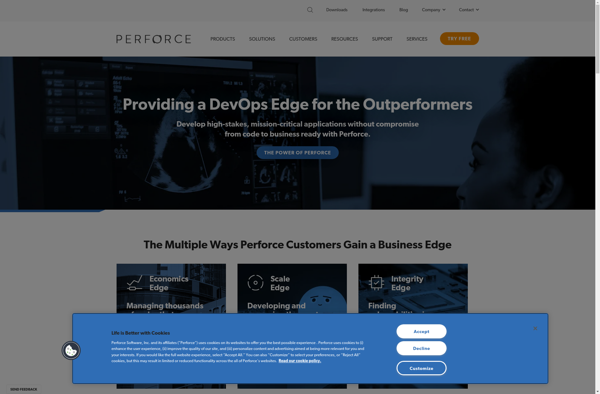
ZenTao

Apache Subversion
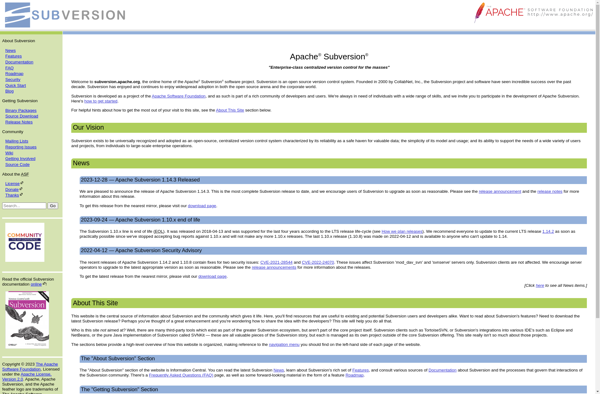
Fossil
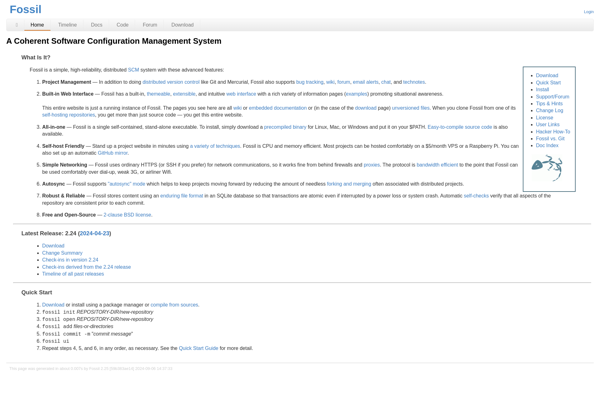
CVS (Concurrent Versions System)
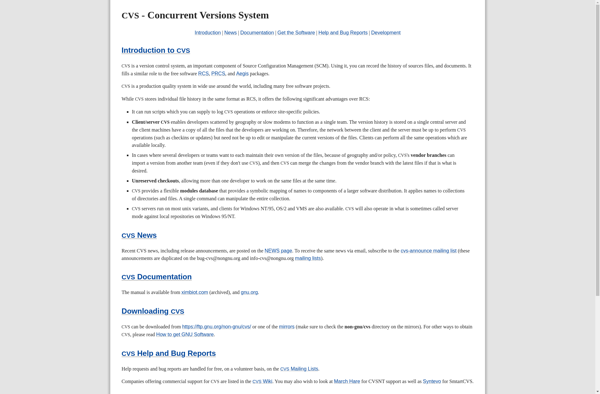
Git for Windows
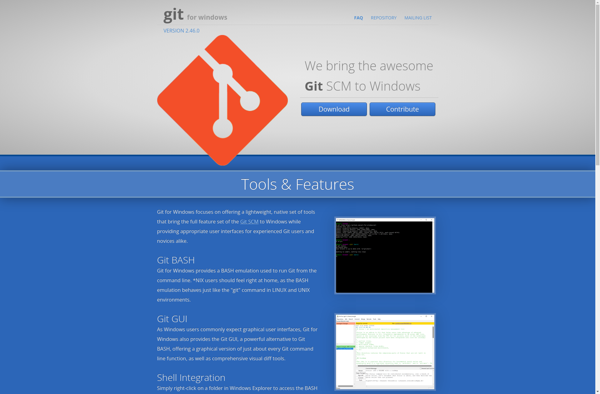
Darcs
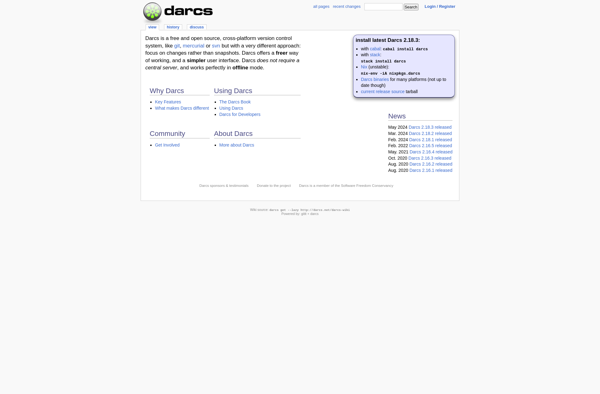
Monotone
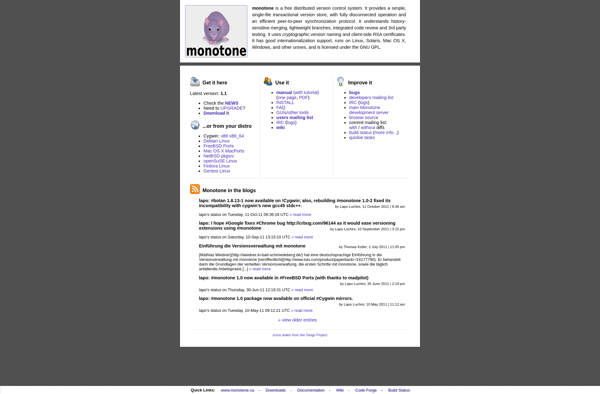
SnapshotCM
